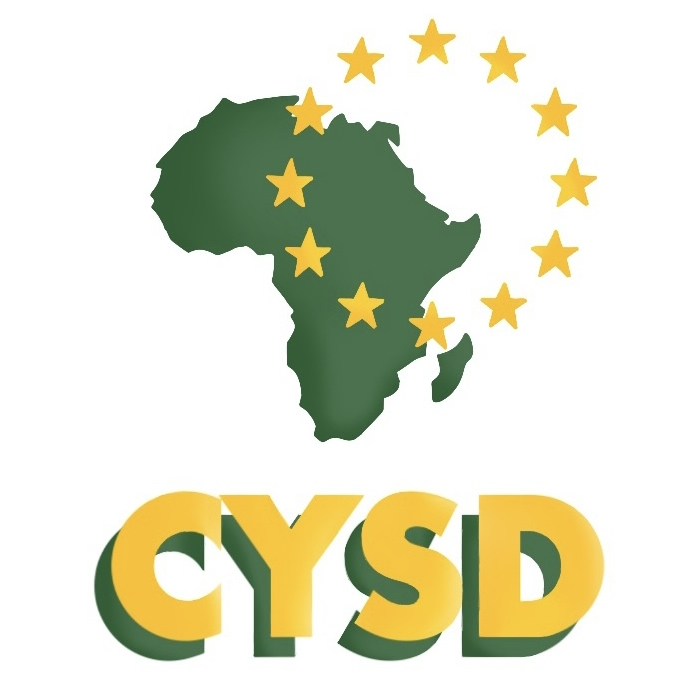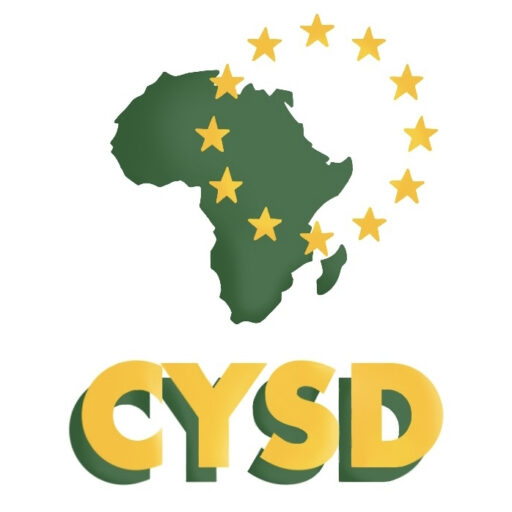Area
Social
GOAL(s)
Summary (description and reason to be)
The Social Farm idea born in the 2019 with the purpose of matching labour supply and demand through social farming, specialised training aimed at foreign workers exploited on the territory.
The intervention was aimed at creating a social farm where training workshops were activated on social agriculture by exploiting local resources and at the same time activated local laboratories of territorial animation in the agricultural sphere in order to give sustainability to the structure and involve the entire social body within it.
Target: Vulnerable Group (VG) and/or type of community
20 immigrant citizens coming from different countries: Somalia, Egypt, Ivory Coast, Guinea, Gambia, Cameroon, Nigeria and Bangladesh.
They are 18 years of age or older and are Victims or potential victims of exploitation, preferably with experience in agricultural work, with a migration background.
Application setting: context
Informal settlements, places of aggregation and those devoted to the recruitment of third-country nationals engaged in agriculture, with particular reference to the target population involved in highly seasonal agricultural production.
Objectives
The main objective is to counter labor exploitation and caporalism, facilitate the matching of labor supply and demand, training, assistance to victims, creation of housing solutions and for transportation to the workplace.
The final aim of the project is to select he 8 beneficiaries to phisically establish the social farm, with the intention of establishing a small orchard, growing ornamental plants and flowers, as well as vegetable crops to be sold to individuals and/or canteens of the municipality, along with the raising of laying hens for the production and sale of eggs.
Requirements
They are supposed to be settled in the country for at least five years.
Activities
The Educational method provides 240 hours in both synchronous and face-to-face modes with:
• orientation modules (12 hours),
• theoretical basics afferent to linguistic,
• regulatory and sectoral areas (120 hours),
• specialized technical-practical modules (78 hours),
• a project idea workshop entitled “Innovative Social Farming” (30 hours).
In parallel to this, exploratory interviews were carried out during the project activities prepared by the trainers and the language mediator and qualitative questionnaires were carried out in order to form 5 groups of 4 beneficiaries who presented project proposals with themes on innovative social farming and peer education processes.
Once the training process was completed, a cooperative start-up was established, bringing together the two best project proposals of the beneficiaries.
Results
The project Action has attempted to respond to different needs by trying to make them go hand in hand. The first need was to ensure the beneficiaries a training process that could guarantee them the start of work paths outside the illegal channels of exploitation. The creation of the space understood as a social farm has taken on the function of being an incubator of welcome and social inclusion: the activities that will gradually be provided within the space will be open to all citizenship, it is therefore expected to activate participatory planning and co-designing actions so that the space becomes accessible to the entire community.
Strengths
The project will be a point of reference for the networks that deal with immigration in various capacities in the area, networks composed of third sector organisations and public and productive bodies, which will continue to provide specific support in response to migrants’ needs.
CRITERIA actors or stakeholder are using to assess it as a “good practice”
In addition to project governance, the project envisages team work which, starting from the reading and decoding of the needs of individual situations and vulnerabilities, will carry out a taking charge centred on the user’s needs. This will make it possible, in addition to avoiding duplication of services and interventions, to interact and integrate actions with other project realities already existing in the area, creating a collaborative network with other teams.
The aim of the project network, indeed, is to create a public-private partnership network that aims at close cooperation for the development of rural areas, their products, traditions and culture based on the principles of social and environmental economic sustainability.
Year and length (duration)
The project is a three-year plan, it started in 2020 and ended in 2022.
References (Bibliography, URLs, suggested readings)
Facebook Page: https://www.facebook.com/fattoriasocialedelwelcome

